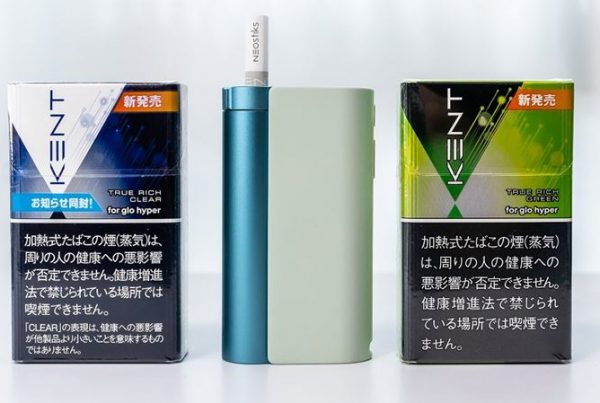Researchers report that, as an alternative to other smoking methods, heat not burn tobacco products may harm the user’s heart.
 These heating tobacco products-such as Philip Morris’ IQOS-are advertised as alternatives to e-cigarettes or traditional cigarettes. But a new study found that they may be related to heart and blood vessel damage.
These heating tobacco products-such as Philip Morris’ IQOS-are advertised as alternatives to e-cigarettes or traditional cigarettes. But a new study found that they may be related to heart and blood vessel damage.
Researchers have found that these inhalants are related to high blood pressure, decreased vasodilatation, arteriosclerosis, increased heart rate, and decreased heart function. Among people with pacemakers, they also exhibit a higher risk of arrhythmia or arrhythmia.
Researchers from Louisiana State University and Louisiana State University analyzed nearly 50 human health research papers from Louisiana State University.
In the United States, heat-not-burn products are relatively new, including non-combustible cigarettes.
Their feature is that the tobacco is heated to a lower temperature than traditional cigarettes. The author explains that these tobacco-flavored vapors released contain nicotine, but do not produce fireworks, smoke or soot.
But they do release aerosol particles, polluting the air with chemicals and molecules, leading to DNA damage and cell death, the author points out.
Studies have shown that the type of lung damage associated with e-cigarettes may cause users to switch to heat not burn devices, because e-cigarettes heat up nicotine-containing chemicals. However, research on these new tobacco products is scarce.
Recently, this new review was published in the online edition of the American Journal of Physiology “Heart and Circulatory Physiology”.
Co-authors Jason Gardner and Nicholas Fried from the Department of Physiology at Louisiana State University said: “Further clinical, animal and in vitro studies must be carried out to explore the cardiovascular effects of tobacco products.”
They added in a journal press release that more research “will help legislators and regulators around the world make informed decisions about this new method of nicotine release”.










